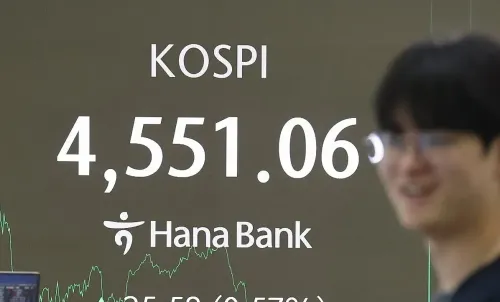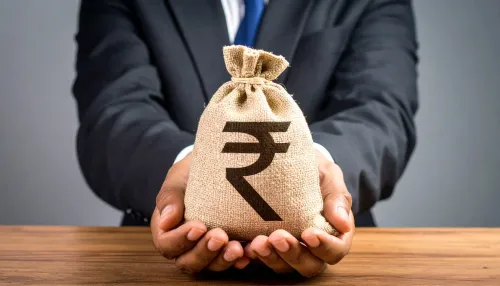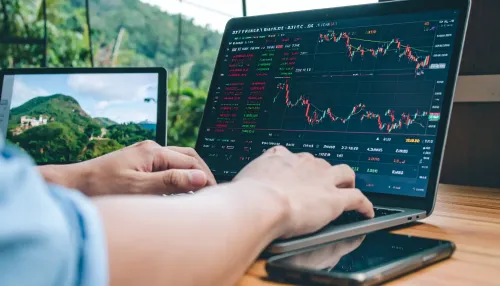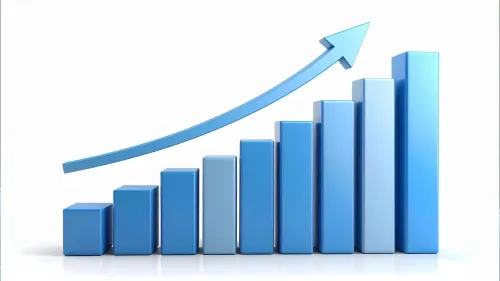Why Did Hyundai Steel Suspend Operations at Its Plant?
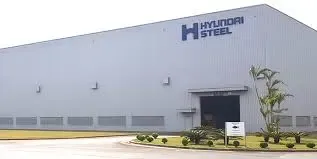
Synopsis
Key Takeaways
- Hyundai Steel has temporarily closed its No. 2 plant in Pohang.
- The decision stems from a prolonged downturn in the steel industry.
- Previous plans to close the plant were reversed due to union opposition.
- Global demand weaknesses and domestic market issues led to the full suspension.
- The company is restructuring and offering voluntary retirement to employees.
Seoul, June 11 (NationPress) Hyundai Steel, the second-largest steel producer in South Korea, has announced a temporary closure of its No. 2 facility located in the southeastern city of Pohang. This decision, confirmed by the company on Wednesday, is a response to a prolonged downturn affecting the entire industry.
The shutdown commenced on Saturday due to insufficient production levels amid a significant drop in demand across the sector. According to a company representative, any future actions will be determined through consultations with the labor union.
This latest decision represents a change from Hyundai Steel's previous stance. Back in November, the company, part of the Hyundai Motor Group, had planned to close the plant due to low operational levels but reversed this decision after facing strong opposition from union members. Instead, they chose to reduce operations, as reported by Yonhap news agency.
Unfortunately, ongoing global demand weaknesses, coupled with sluggish domestic market conditions, have compelled Hyundai Steel to fully suspend operations at this facility.
Throughout this year, the company has navigated a challenging business landscape, exacerbated by steel tariffs imposed by the United States under former President Donald Trump. Earlier this year, Hyundai Steel also initiated voluntary retirement offers for workers at its Pohang complex as part of its restructuring strategy.
Additionally, Hyundai Steel is reportedly looking to divest its heavy machinery division at its Pohang plant No. 1 to enhance the efficiency of its underperforming business units.
The recent doubling of U.S. tariffs on steel and aluminum imports is anticipated to further strain South Korean steel manufacturers, who are already facing issues of oversupply and declining prices amid an economic slowdown, according to industry sources.
Trump had signed an executive order that increased tariffs on all steel and aluminum imports from 25 percent to 50 percent.
Local steel producers, including POSCO Group and Hyundai Steel Co., have been actively exploring strategies to mitigate the impacts of the so-called 'U.S. steel barrier' and minimize the adverse effects of these steep tariffs on their operations.


